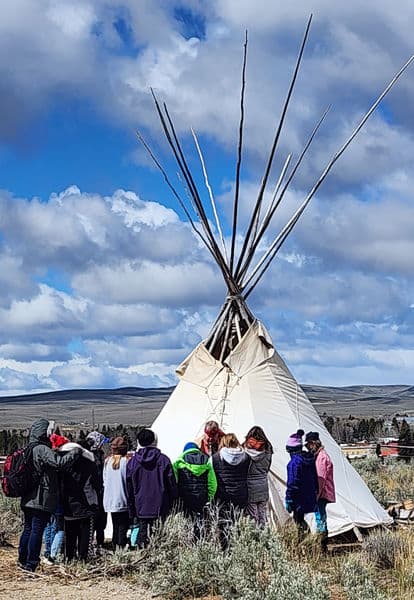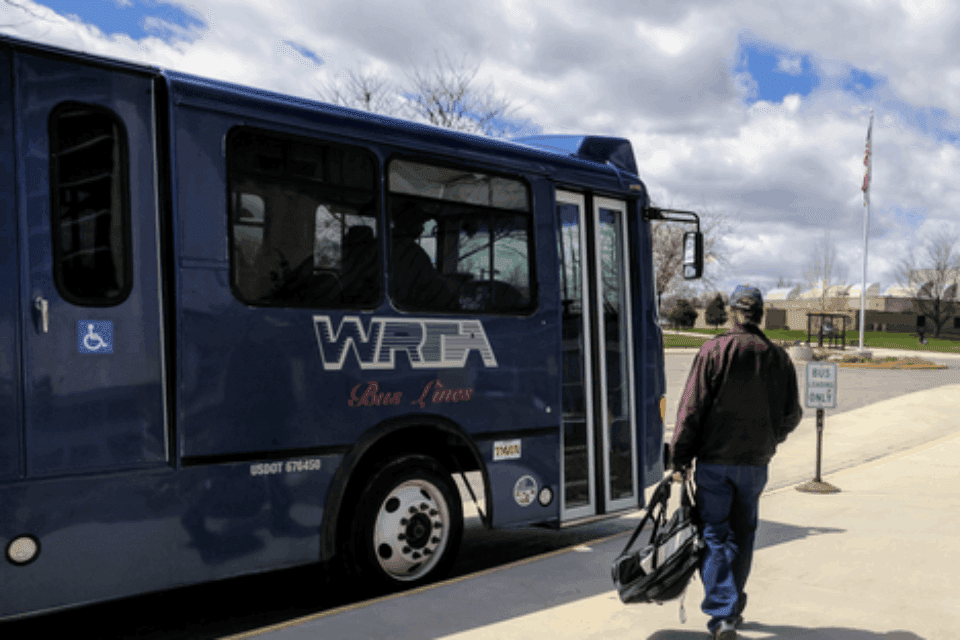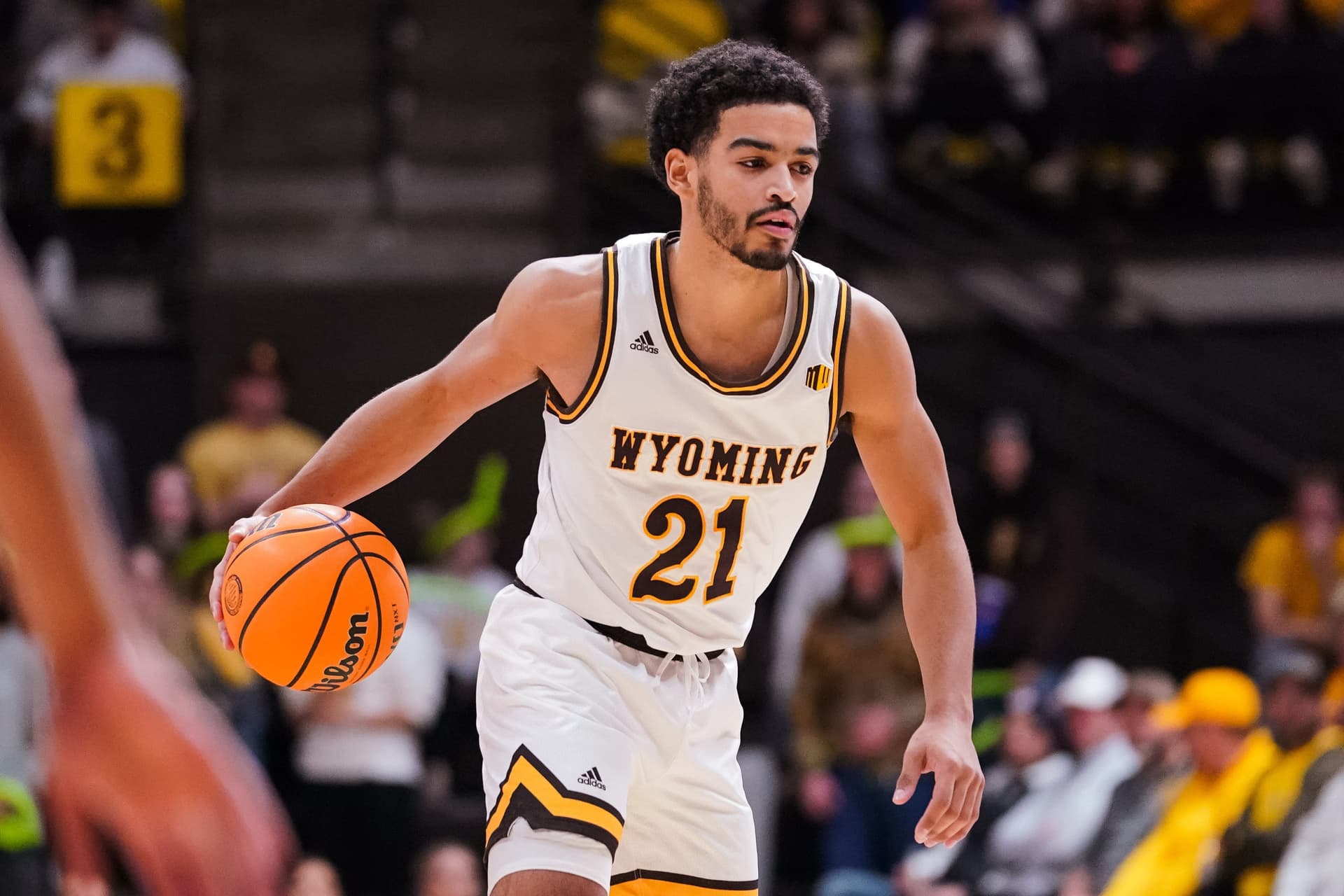University of Wyoming Hosts Tipi Talks, Spotlight on Native Heritage
The University of Wyoming held a three day Tipi Talks series on Prexy’s Pasture November 4 through November 6 to mark Native American Heritage Month. The free public events brought cultural performances, workshops and university leadership engagement, reinforcing local partnerships and community education opportunities across Albany County.
Listen to Article
Click play to generate audio

The University of Wyoming staged Tipi Talks on Prexy’s Pasture from November 4 to November 6, a three day program of workshops, symposia, cultural demonstrations and receptions designed to commemorate Native American Heritage Month. Programming was centered on tipi activities and included ochre painting, faculty and student panels, community receptions and Native dance performances including the Wind River Dancers. The schedule also listed keynote lectures, including a mother daughter Arapaho alumna duo, and a special address by UW President Ed Seidel on Native initiatives. County 10 republished the university schedule and contact details ahead of the events.
Organizers emphasized accessibility, with all events free and open to the public. Locally hosted public programming on campus creates a low barrier to civic participation for Albany County residents, especially families and students who might otherwise face cost or travel constraints. For community members the Tipi Talks offered direct exposure to Indigenous cultural practice and academic discussion in a setting that facilitates informal learning and cross cultural dialogue.
The involvement of the Wind River Dancers and Arapaho alumni highlights an ongoing relationship between the university and regional tribal communities, including those on the Wind River Reservation. That native tribal presence in programming is significant for county residents because it strengthens cultural ties and supports visibility for Indigenous knowledge within local institutions. For the university, visible engagement with tribal partners can influence curricular offerings, Native student recruitment and retention, and the direction of campus diversity initiatives when leadership such as the president addresses Native initiatives publicly.
Economically, events like Tipi Talks generate modest but meaningful local activity. Though the university did not publish attendance figures, three day cultural series tend to increase foot traffic to campus adjacent businesses, support parking and transit usage and create paid work for performers and event staff. For Albany County policymakers and business owners, consistent university hosted cultural programming can contribute to a steady pattern of off campus spending that complements larger seasonal tourism flows.
On a broader policy and institutional level, the Tipi Talks align with a longer term trend of colleges expanding Indigenous programming as part of diversity, equity and inclusion strategies and public outreach. Maintaining those programs may require continued funding decisions at the university and potential coordination with state and tribal authorities to sustain community engagement and educational impact. For local residents, the Tipi Talks offered both a celebration and a reminder that cultural programming can serve as a bridge between campus and county, fostering mutual understanding and modest local economic activity while supporting Indigenous visibility in Albany County.

